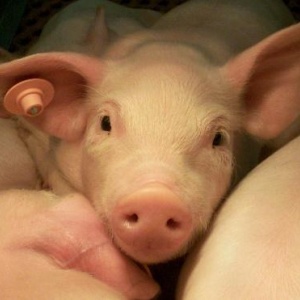
In this blog David McCoy, director of Medact, argues that UK farmers and government should work hard to reduce on-farm antibiotic use. With evidence building that antimicrobial resistance in farm animals can be transferred across to humans, the issue is becoming increasingly urgent.
The routine preventative use of antibiotics in animals is a practice which can aid animal growth and is used for a range of species, most frequently in pigs. This practice is forbidden in Sweden, Denmark, the Netherlands and Norway and a proposal for an EU wide ban of routine prophylactic antibiotic use is being reviewed. In Sweden and the Netherlands, critically important antibiotics such as fluoroquinolones can only be used after sensitivity testing of pathogens, while in the UK these medications are administered on a large scale to poultry who do not display any sign of disease.
In a business-as-usual scenario, along with meat and dairy consumption, antibiotic use in livestock is predicted to increase by 67% between 2010 and 2030. Given the dangers of the spread of antimicrobial resistance, McCoy urges the government to take action immediately.
Read the full blog here. You can also read FCRN’s interview with David McCoy from 2015 where he talks about Medact’s engagement with sustainable healthy diets and food systems.







Post a new comment »